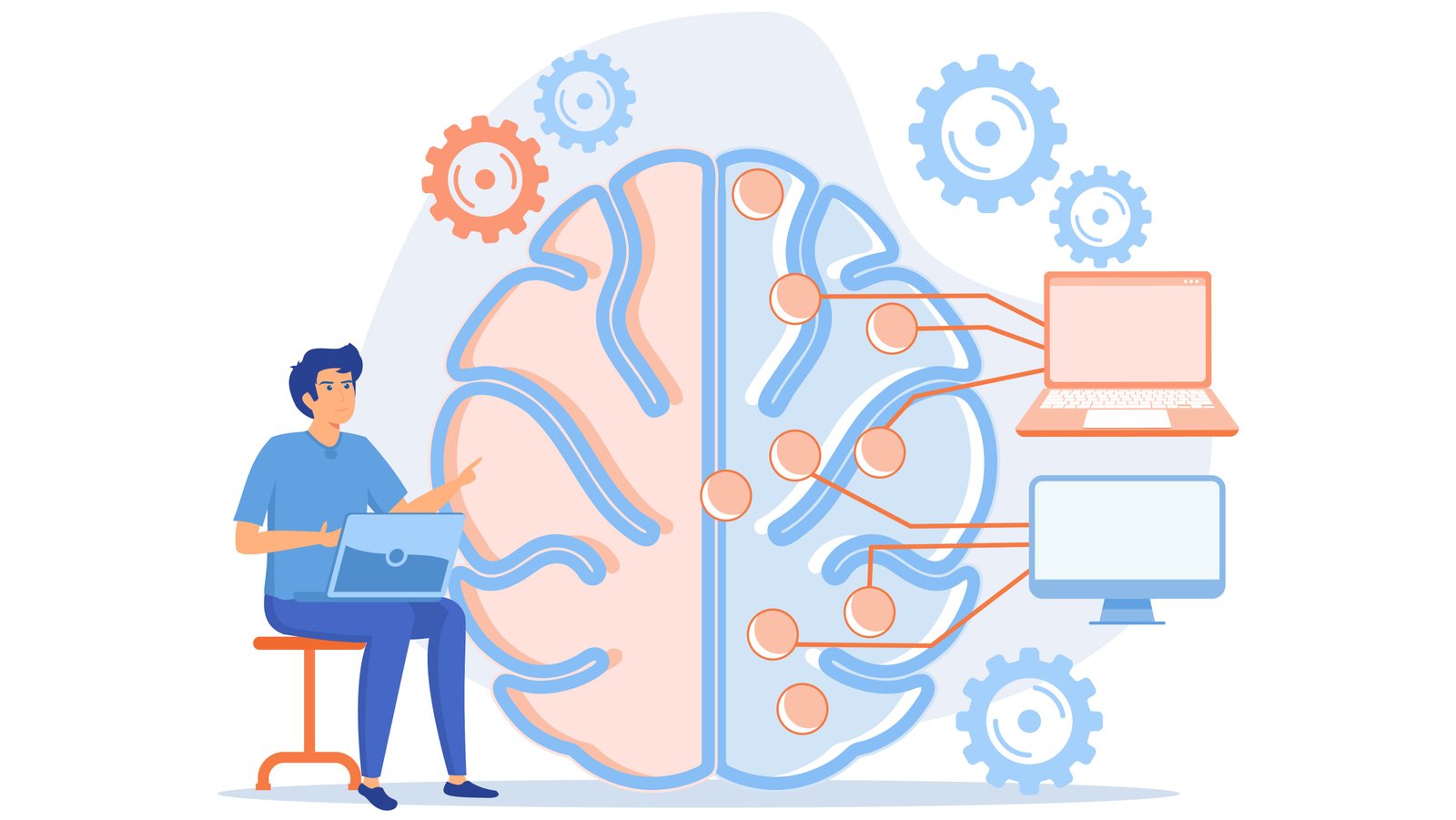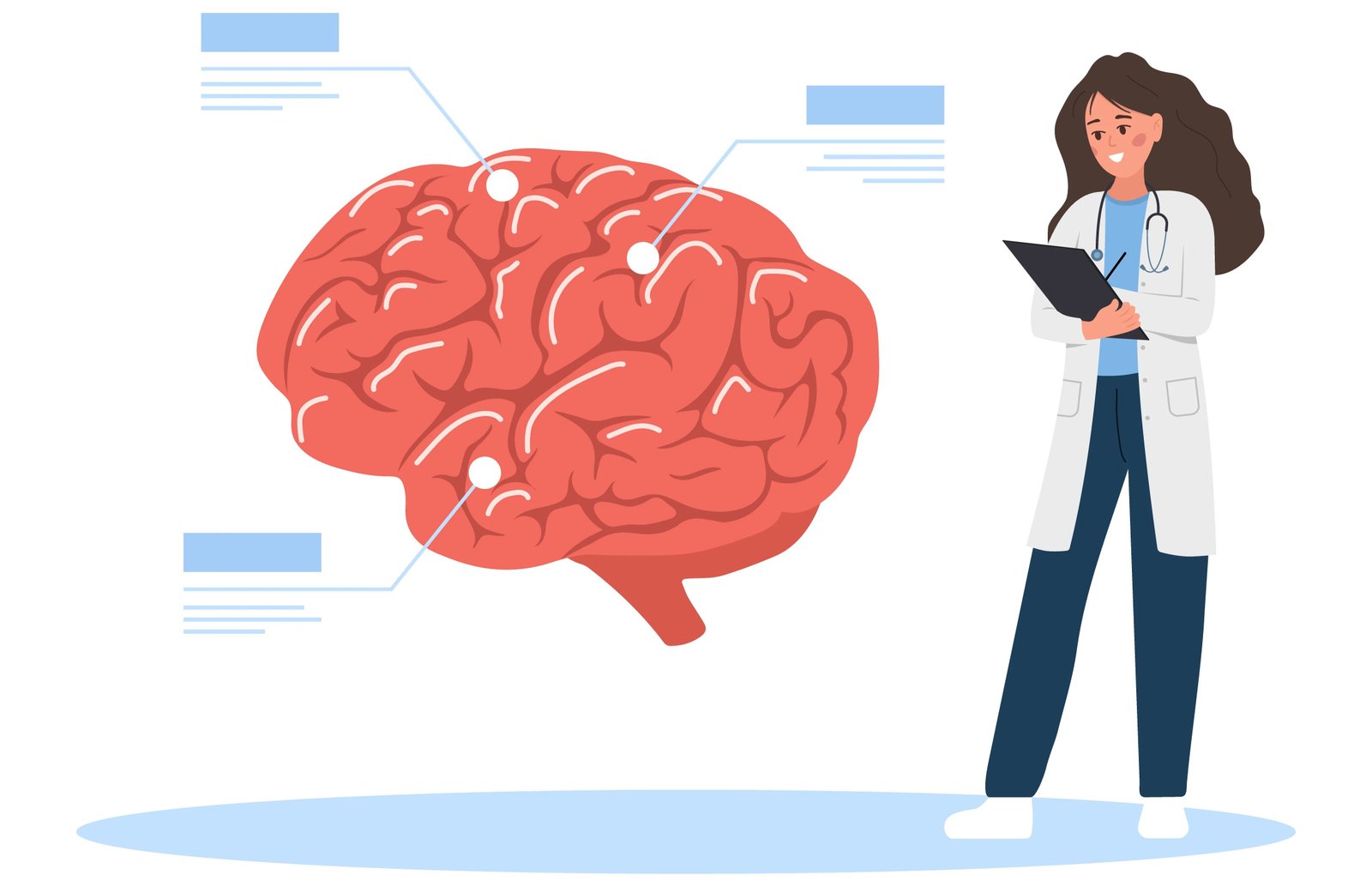

Mapping the Mind
Psychometric testing offers valuable guidance for Indian students aged 14 to 17 exploring career pathways. These assessments provide an objective evaluation of strengths, interests, and aptitudes, reducing the influence of subjective judgment in career decision-making. By highlighting individual abilities and personality traits, psychometric tests help students identify careers best suited to their unique profiles, promoting satisfaction and long-term success. Furthermore, structured insights from these tests equip students and counsellors with reliable data, enabling well-informed, confident choices in an increasingly complex world of career options. However, when these assessments are designed or administered without sensitivity to context, several biases can arise—affecting the accuracy of results, especially for Indian students residing in India.
One major concern is cultural bias. Psychometric tests often include examples or scenarios based on certain cultural experiences, which not all students may relate to. In a diverse country like India, this can lead to questions or tasks feeling unfamiliar or even unfair, particularly for students from regional or minority backgrounds. Closely related is the issue of language bias. Many students in India study in different languages or dialects, and a test heavily reliant on one language may favour those more fluent in it, tarnishing the reliability of the results, if not genuinely addressed. Socio-economic bias also comes into play. Students from varying economic backgrounds have differing exposures and resources, which can influence their responses and performance in certain test segments. Furthermore, the Indian education system encompasses multiple curricula (NCERT, state boards, etc.), leading to educational bias if a test is tailored to just one system.
Other biases include construct bias (when the test is based on concepts irrelevant to the Indian context), method bias (through inconsistent administration or unclear instructions), and item bias (where the wording or examples in questions advantage some groups over others). These biases, if unchecked, limit a test's predictive accuracy and fairness. Awareness of these issues is vital for educators, counsellors, and test developers in India. Ensuring local validation, adapting language, and considering students’ diverse backgrounds can make psychometric assessments more useful, equitable, and accurate for every Indian student.

